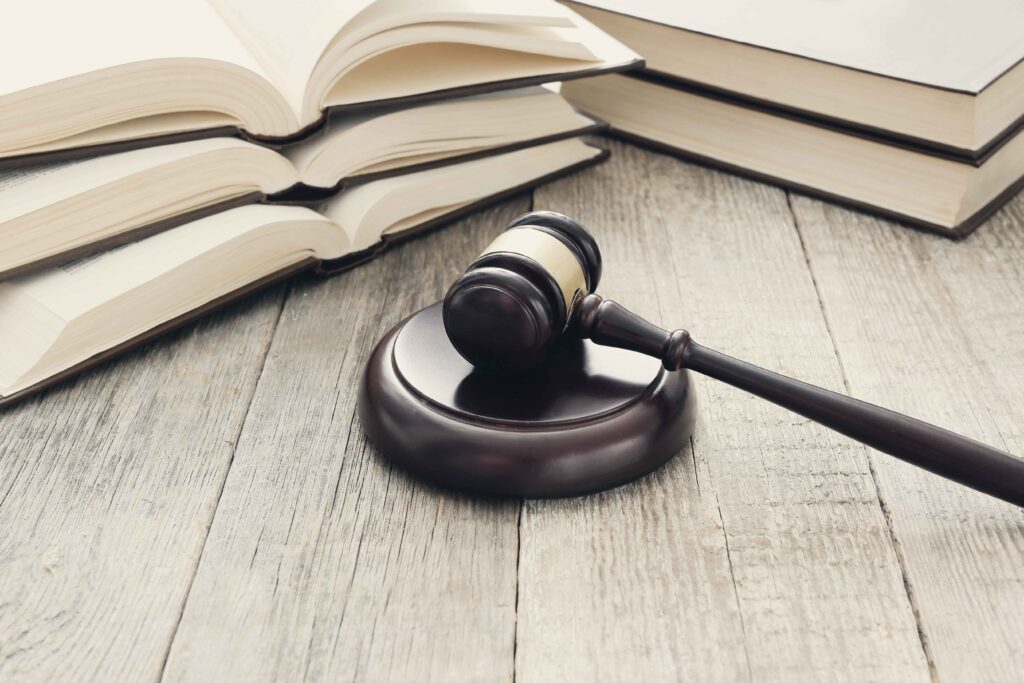In the intricate world of litigation, time is often a precious commodity, and efficiency is paramount. While court-mandated procedures form the backbone of legal proceedings, attorneys often seek ways to streamline their workflows and expedite case preparation. One such strategy involves the creation of deposition and trial transcript summaries, not mandated by the court but wielded as powerful tools for convenience and time-saving. Let’s delve into the significance of these summaries and how they contribute to the efficiency of legal practice.
Depositions: Unveiling Testimonial Foundations
Imagine a deposition as a prelude to the main act of a trial. During a deposition, witnesses provide sworn testimony outside of court, typically in the presence of attorneys from both sides. These sessions serve several critical purposes:
- Information Gathering: Attorneys use depositions to gather information about the case, assess witness credibility, and identify potential strengths and weaknesses.
- Evidence Preservation: Depositions create a permanent record of witness testimony, preserving crucial details that might fade from memory over time.
- Trial Preparation: Depositions help attorneys refine their trial strategies by understanding the opposition’s arguments and evidence.
However, these sessions can sprawl over hours or days, generating transcripts laden with legal jargon and minute details. Here’s where a deposition summary proves invaluable.
Trial Transcript Summaries: Distilling Legal Complexity
A trial transcript encapsulates every spoken word, objection, and sidebar exchange that occurs during a trial. These transcripts are indispensable for appellate review and serve as a comprehensive archive of courtroom proceedings. However, they can be voluminous and dense, posing a challenge for attorneys seeking to distil key points efficiently.
Enter the trial transcript summary—a concise, reader-friendly rendition of the trial’s salient moments. Here’s why they’re indispensable:
- Efficiency: In our fast-paced legal landscape, time is a precious commodity. A well-crafted summary condenses hours of testimony into digestible segments, allowing attorneys to glean essential information swiftly.
- Clarity: Legal language can be labyrinthine, often alienating those unfamiliar with its nuances. A summary transforms convoluted legalese into accessible language, ensuring that crucial points are comprehensible to all stakeholders.
- Perspective: A summary offers a bird’s-eye view of the trial, illuminating overarching themes and pivotal moments that might be obscured within the dense transcript.
- Strategic Advantage: Armed with a succinct summary, attorneys can pinpoint areas of focus, identify potential pitfalls, and refine their trial strategies with precision.

Crafting an Effective Summary: Balancing Brevity and Substance
Creating a compelling deposition or trial transcript summary requires a blend of analytical acumen, linguistic finesse, and a keen understanding of the case’s nuances. Here are some tips for crafting an effective summary:
- Identify Key Points: Focus on extracting the most pertinent information—key testimony, crucial exhibits, and pivotal rulings—that shapes the narrative of the case.
- Streamline Language: Simplify complex legal terminology without sacrificing accuracy, ensuring that the summary remains accessible to a broad audience.
- Maintain Objectivity: A summary should present an unbiased account of the proceedings, devoid of editorializing or selective interpretation.
- Organize Coherently: Structure the summary in a logical sequence, guiding readers through the trial’s chronological progression while highlighting significant developments.
In the fast-paced world of legal practice, efficiency is not merely a luxury but a necessity. Deposition and trial transcript summaries represent a proactive approach to streamlining the litigation process, empowering attorneys to work smarter, not harder. By harnessing the power of summarization, attorneys can navigate the complexities of the legal landscape with greater agility, effectiveness, and confidence. As the legal profession continues to evolve, embracing innovative solutions like deposition and trial transcript summaries will be essential for staying ahead of the curve and delivering optimal outcomes for clients.
